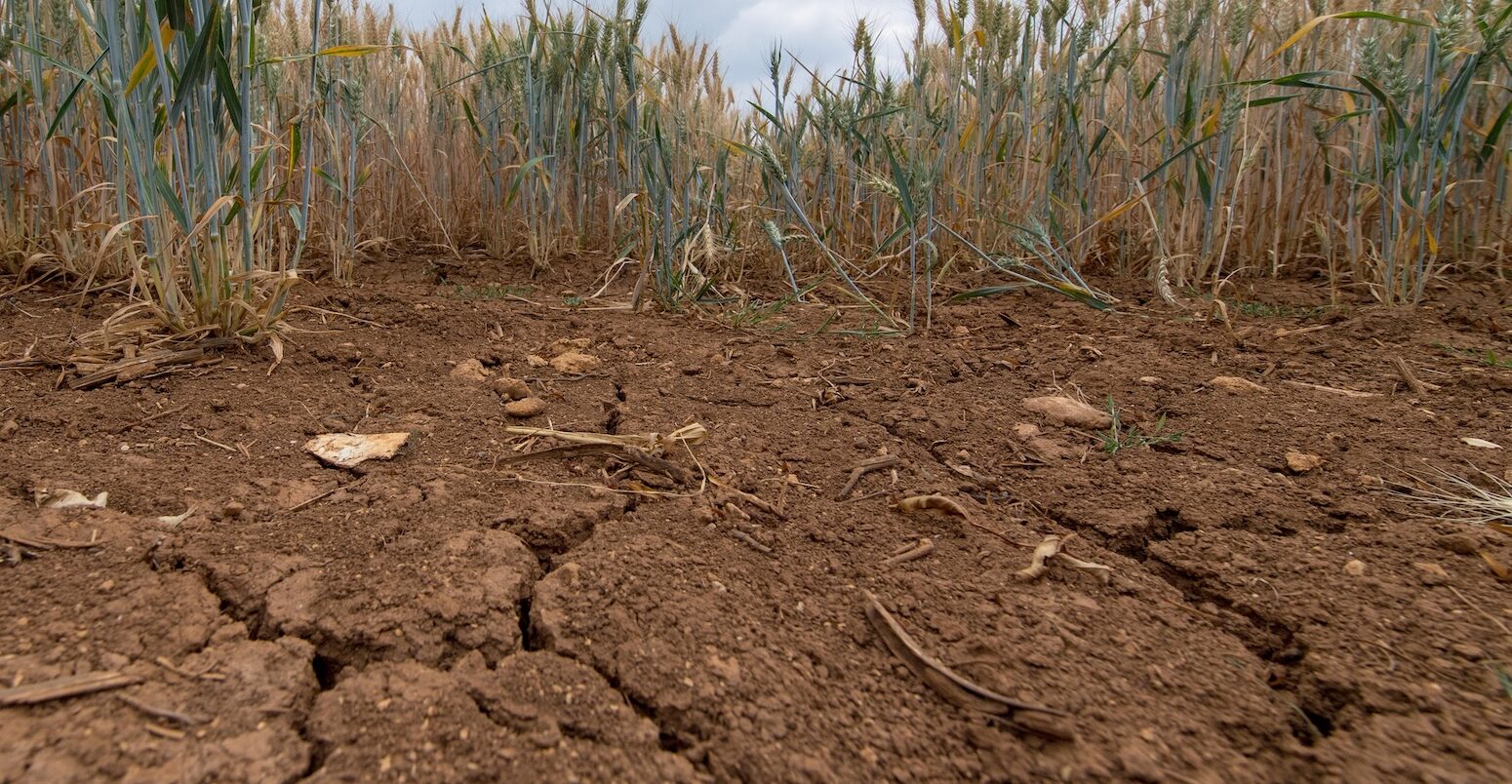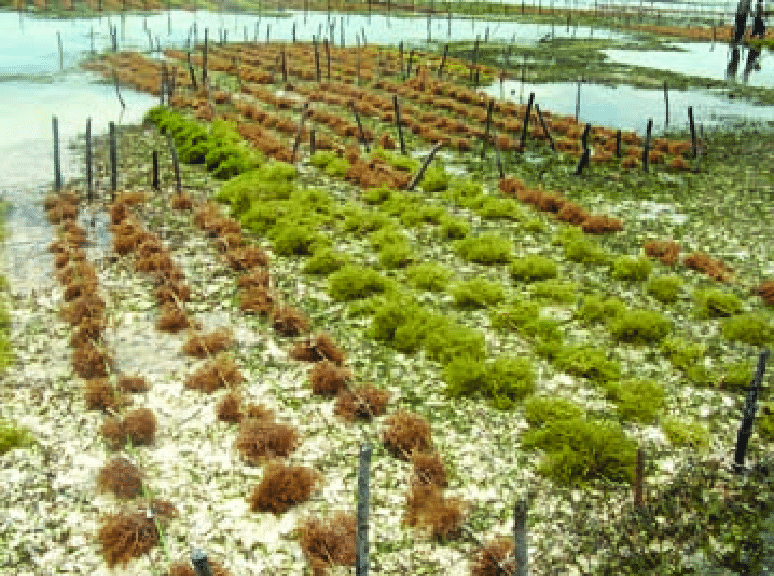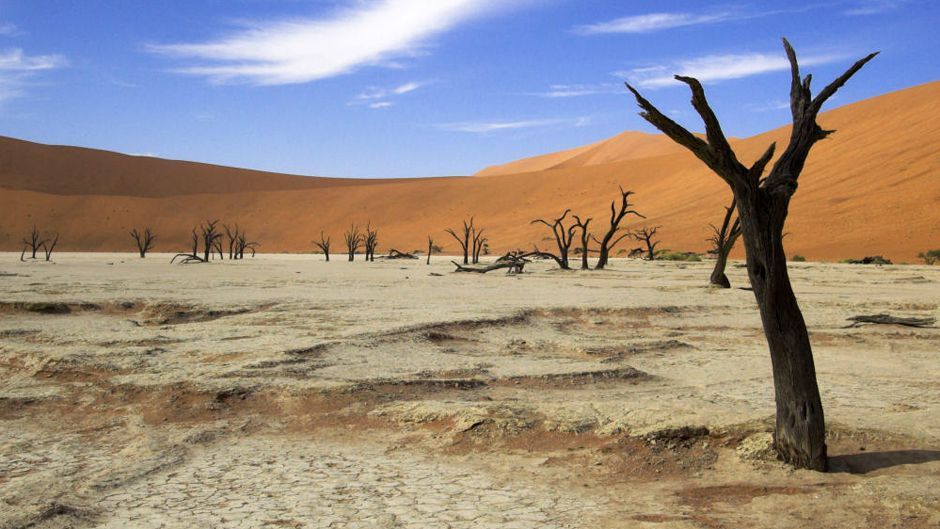The Cambridge Masters in Conservation Leadership invites applications for entry in 2024. The full-time masters program during one year is aimed at graduates of leadership potential with at least three to five years of experience relevant to biodiversity conservation. Scholarship programs offer support to students from developing countries. The application deadline for program admission is 05 December 2023. About the program
1. Look at the course information
Look at the course information on the website.
2. Go to the University Postgraduate Admissions Office Prospectus
Go to the University’s Postgraduate Admissions Office Prospectus for Geography and Scott Polar Research Institute (SPRI) which has all the information you need to make a formal application.
Please note you will need the following:
For ALL MPhil applications:
Your application will need to include information explaining your motivation for the MPhil and details of any employment or other non-academic experience relevant to the subject of the MPhil.
MPhil in Anthropocene Studies:
Applicants will need to provide a statement of up to 600 words explaining “Why I would like to enrol on the MPhil in Anthropocene Studies, including how my previous studies relate to this MPhil.”
MPhil in Conservation Leadership:
Applicants for the MPhil in Conservation Leadership will need to provide:
- a statement of 500 words entitled “Why I would like to enrol on the MPhil in Conservation Leadership and how my background provides the relevant leadership experience for this course”, and
- an academic essay of 500 words entitled “”An analysis of the most important conservation leadership challenge facing XXX and how it should be solved”, where XXX can be either your country (e.g. Botswana) or a conservation organisation with which you are familiar (e.g. Conservation Intl.).
These should be submitted with the application.
MPhil in Geography:
Applicants will need to provide an outline of a research plan for a possible dissertation, indicating the general problem to be addressed, the specific issues to be researched, an indication of methodology (no more than 750 words in total).
MPhil in Holocene Climates:
Applicants will need to provide a statement of up to 600 words explaining “Why I would like to enrol on the MPhil in Holocene Climates, including how my previous studies relate to this MPhil.”
MPhil in Polar Research:
- Applicants will need to provide a statement of up to 600 words explaining “Why I would like to enrol on the MPhil in Polar Studies, including how my previous studies relate to this MPhil.”
- Applicants will need to include with their application a sample of their written work (between 3,000 and 5,000 words.)
Admissions deadlines
The deadlines for admission for October 2024 are as follows.
Please note these are the last date you can apply for the programme. There are separate deadlines if you wish to also be considered for funding.
- MPhil in Anthropocene Studies: 5th December 2023
- MPhil in Conservation Leadership: 5th December 2023
- MPhil in Geography: 26th March 2024
- MPhil in Holocene Climates: 5th December 2023
- MPhil in Polar Studies: 26th March 2024
The Department strongly recommends early applications.
3. Funding
The University provides information on sources of funding.
In the Department of Geography the following deadlines apply:
- MPhil deadline for funding: 5th December 2023.
Applications received by the 5th December date will be considered for Cambridge Trusts, some UK Research Councils and GATES International funding. Applications received after this date will not be eligible for entry to these sources of funding.
Please see the Gates US website for information concerning their earlier deadline of 11th October 2023.
To be eligible for applying to these funding competitions you must ensure the following: (1) Your completed application, including all references, has been submitted in advance of the funding deadline noted above; and (2) You tick the boxes relating to funding on the application form.
Please note there is no major funding available through the Department itself.
Some of the colleges also have separate sources of graduate funding.
Further notes:
- All fieldwork, laboratory work, access to data, archives and travel will have to be supported for the length of your study. You should ensure that your funding body provides sufficient support. (The department has only limited funds to help with these costs.)
- Overseas applicants should look at the scholarships available at Cambridge. The major scholarships available at Cambridge are Gates Foundation, scholarships administered by the Cambridge Trust, and the Cambridge International Scholarship (CISS). You should apply for these by the advertised deadline when you complete your formal application. They are listed in the University Postgraduate Studies Prospectus.
- UK and EU students should look at the Research Council studentship information on this website and at the Postgraduate Admissions Office information.
- Conservation Leadership applicants will find scholarship information for Conservation Leadership on the course information pages.
- You can complete a funding search to help you find your funding options.




